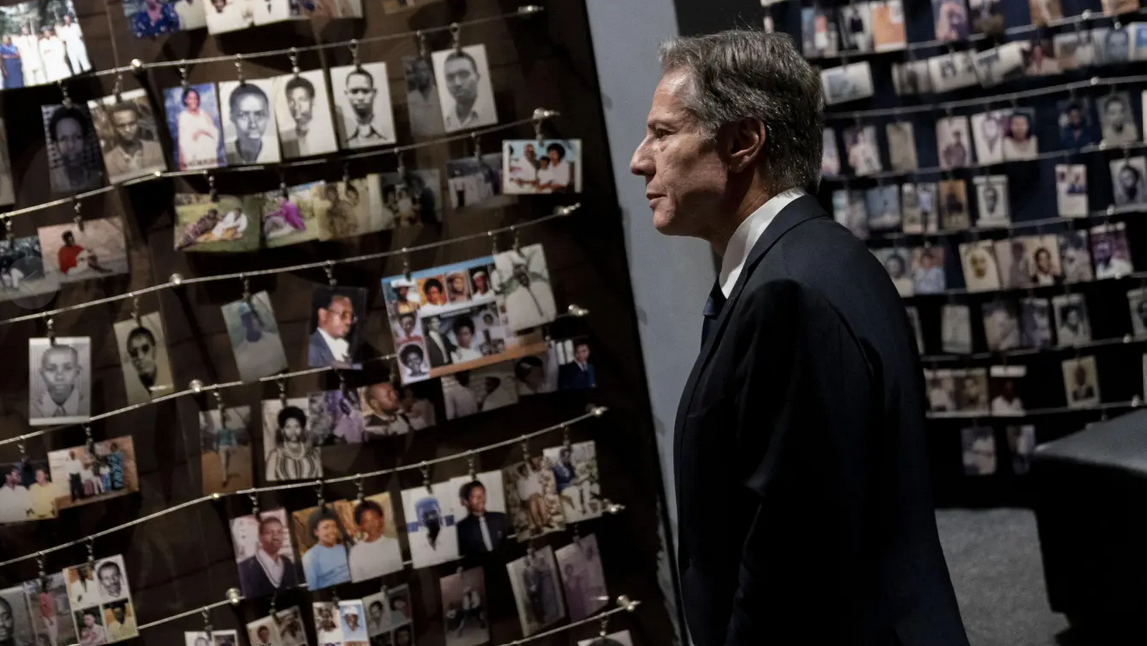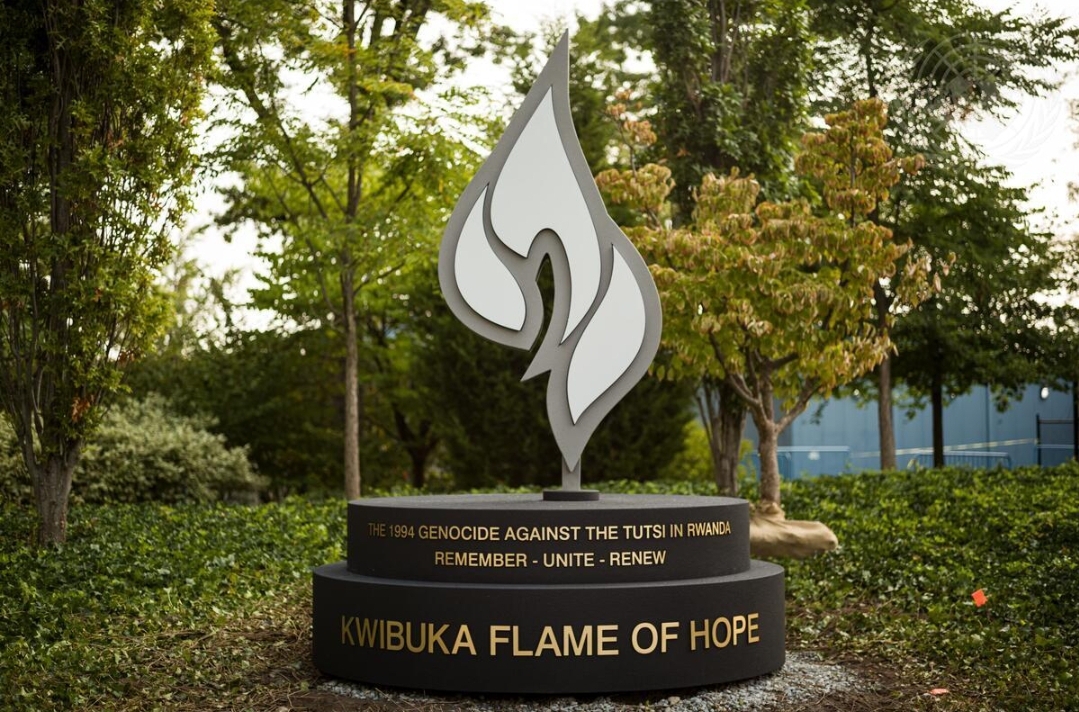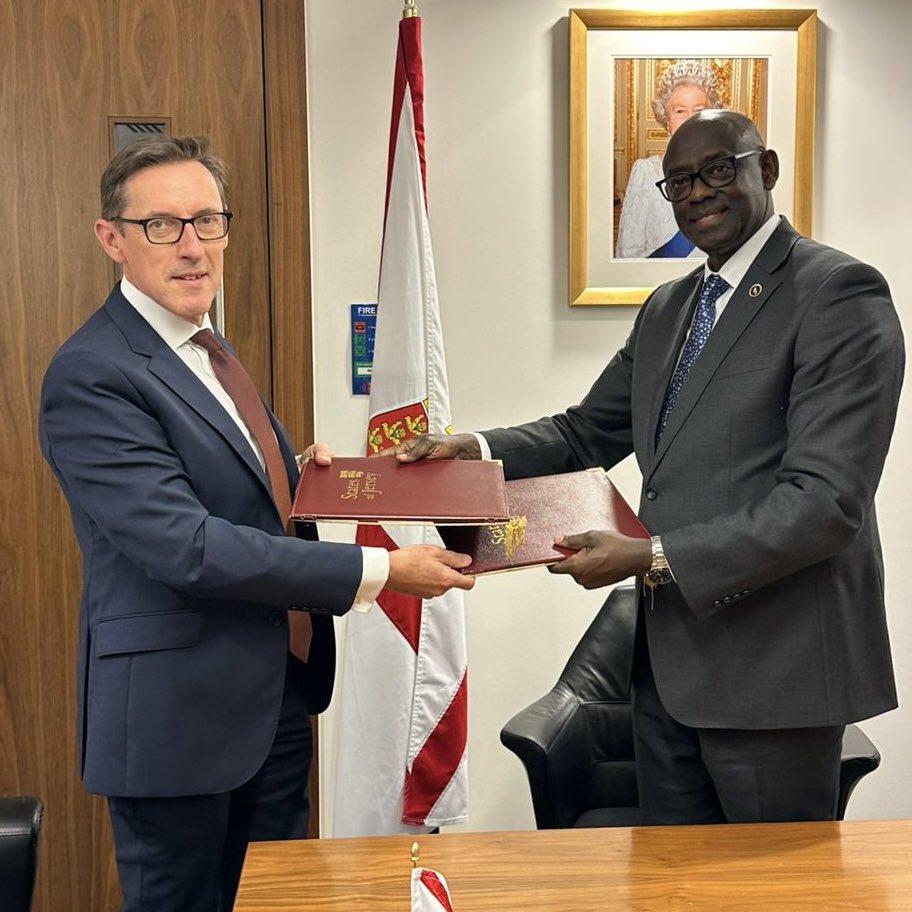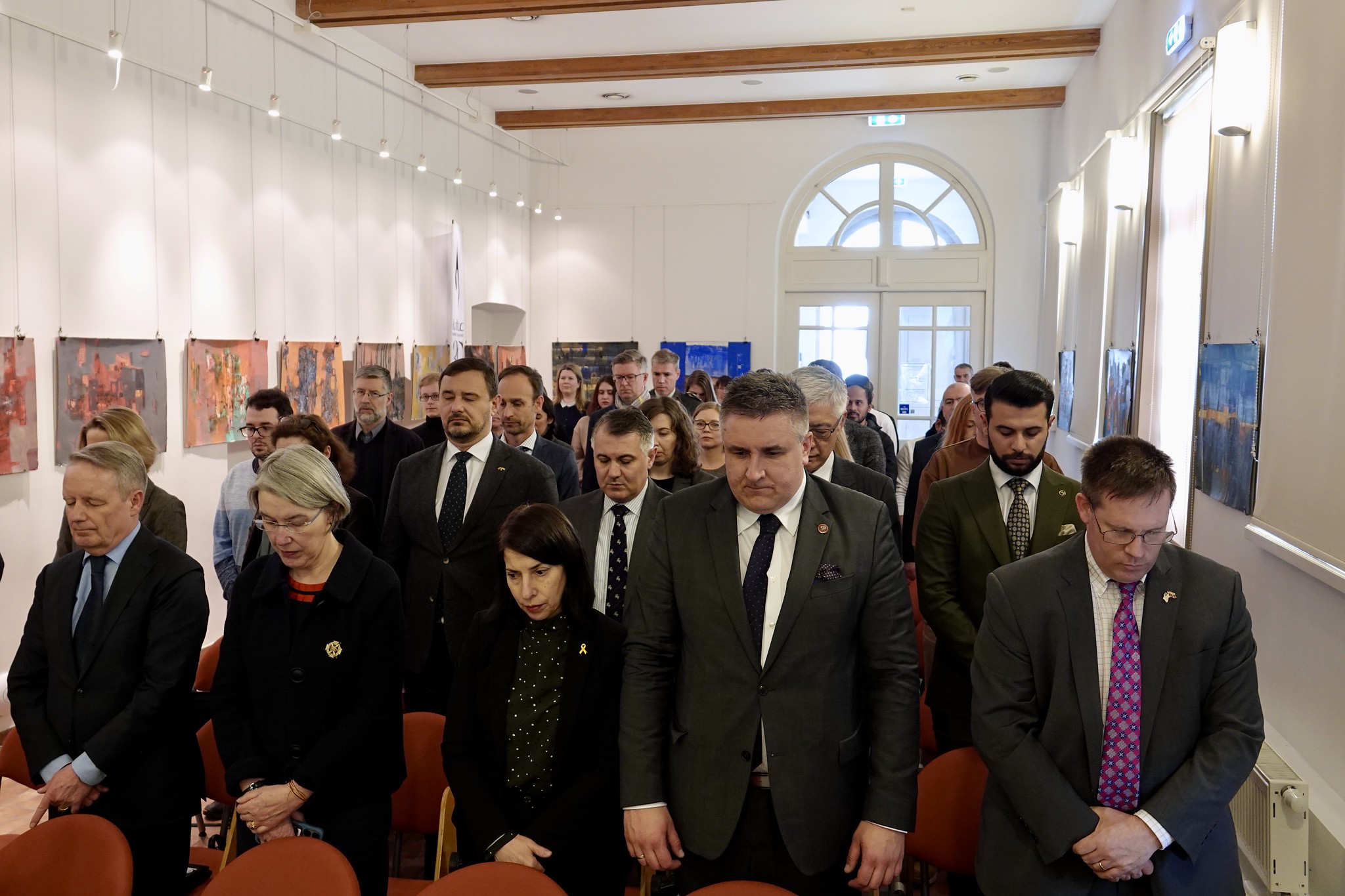In a powerful assertion of remembrance and accountability, Rwanda has condemed countries that refuse to use the term “genocide against the Tutsi” when commemorating the tragic events of 1994.
Rwanda insists that if countries can’t acknowledge the atrocities committed as a genocide against the Tusti, they better not commemorate at all.
This call to action comes amidst ongoing efforts by the Rwandan government to ensure that the atrocities committed during that dark period are accurately acknowledged and remembered.
The United States has been singled out as one of the countries that stubbornly refuses to use the term “genocide against the Tutsi” in its commemoration messages. U.S. Secretary of State Antony Blinken recently sparked controversy with a tweet that referred to “the many thousands of Tutsis, Hutus, Twas, and others” who lost their lives during the genocide, without specifically acknowledging the targeted nature of the violence.
This avoidance of using the correct terminology is seen by some as an attempt to avoid guilt for the failure to intervene during the genocide.
Contrastingly, other countries, including Germany and France, have explicitly recognized the genocide against the Tutsi in their commemoration messages.
The German Foreign Affairs Ministry, for instance, stated, “30 years ago, during barely 100 days, hundreds of thousands of women, men, and children were killed by the then-government, Hutu-Militias like Interahamwe, and machete-wielding mobs during the genocide against the Tutsi in Rwanda.”
President Paul Kagame of Rwanda echoed the sentiments of many Rwandans in his remarks, expressing bewilderment at the refusal of some countries to use the correct terminology.
“Rwandans will never understand why any country would remain intentionally vague about who was targeted in the genocide. I don’t understand that,” President Kagame emphasized.
“Such ambiguity is, in fact, a form of denial, which is a crime in and of itself, and Rwanda will always challenge it.”
Adding to the controversy, U.S. Secretary of State Antony Blinken made the remarks at the same time when former U.S. President Bill Clinton is attending the commemoration.
Clinton was President during the genocide, and his administration faced criticism for its handling of the crisis at the time.
The refusal of certain countries to use the term “genocide against the Tutsi” has been a point of contention for Rwanda, which has long emphasized the importance of accurately documenting and remembering the events of 1994.
By challenging countries to acknowledge the targeted nature of the violence, Rwanda seeks to ensure that the memory of the genocide remains untarnished and that justice is served for the victims and survivors.
Failure to acknowledge the terminology not only constitutes a form of denial of the genocide but also facilitates genocide negation.
Moreover, Rwanda’s call for recognition has received a significant boost with the recent acknowledgment by the United Nations, which now officially recognizes the atrocities as the genocide against the Tutsi.
This recognition further underscores the urgency for countries to adopt the appropriate terminology in their commemoration messages.
As the world marks the 30th anniversary of the genocide against the Tutsi, Rwanda’s call for recognition serves as a poignant reminder of the importance of confronting historical truths and honoring the memory of those who perished.
It is a call to action for the international community to stand in solidarity with Rwanda and to unequivocally condemn genocide denial in all its forms.



















